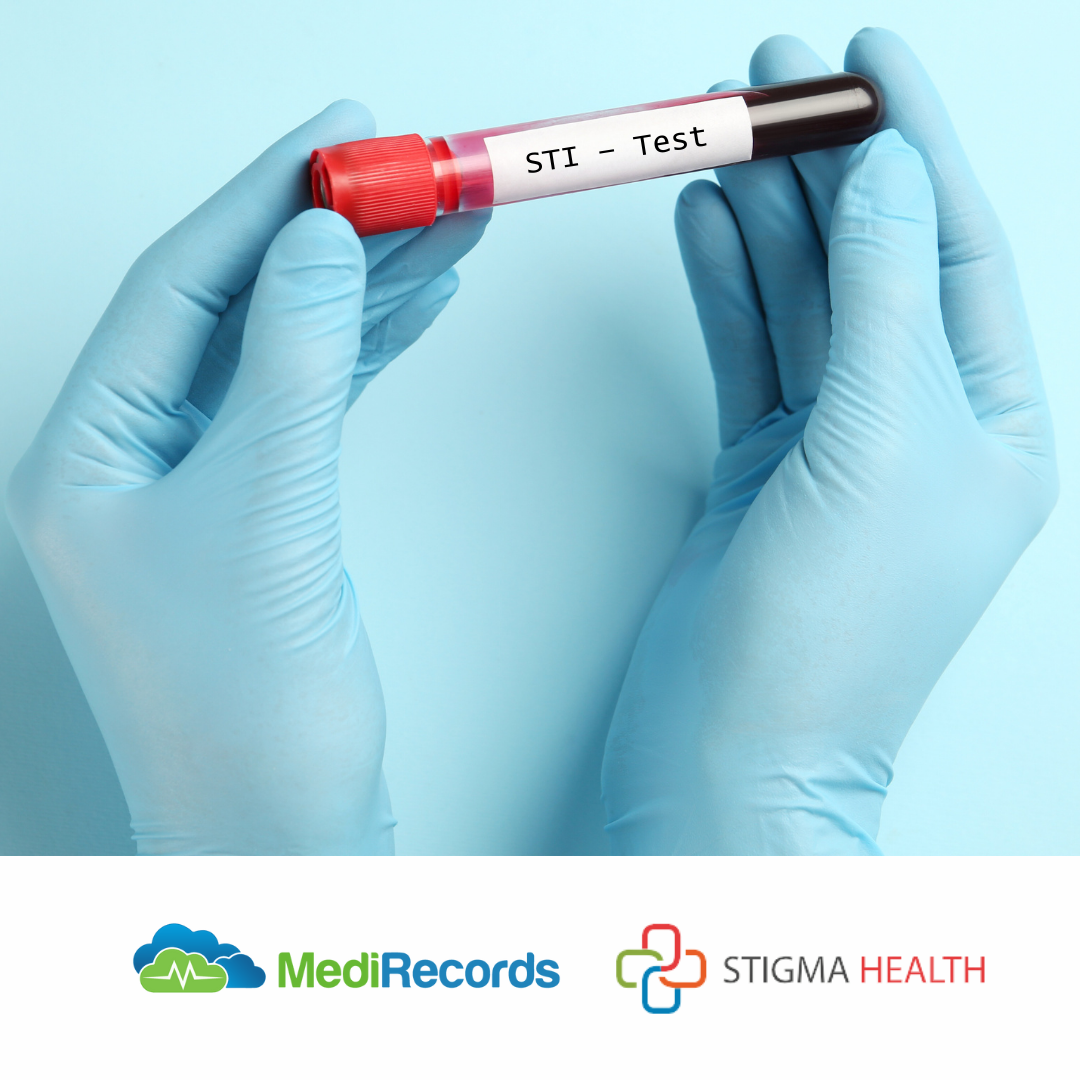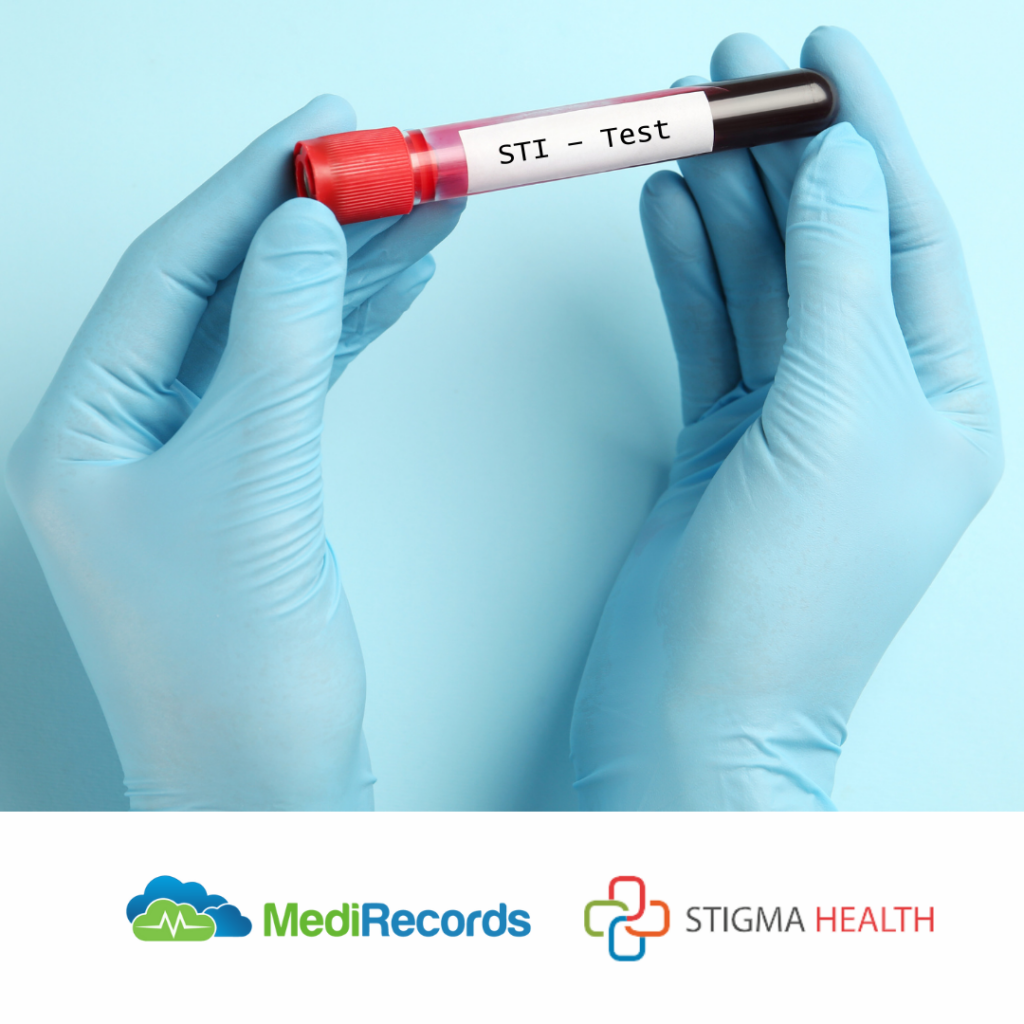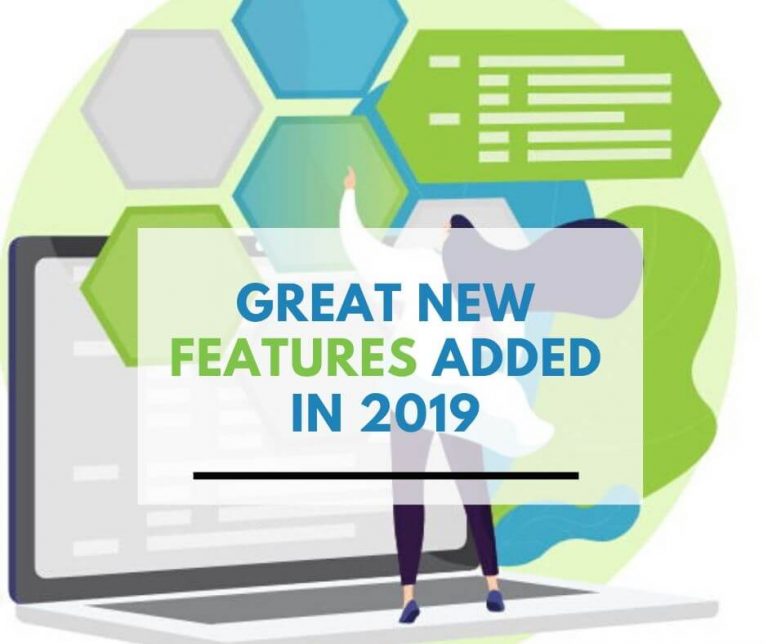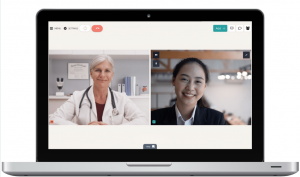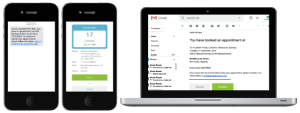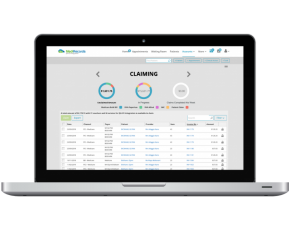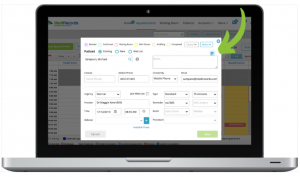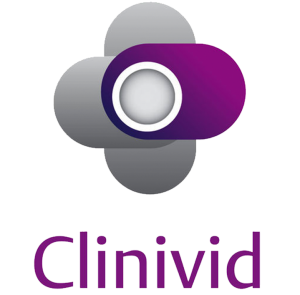October 6, 2023
What are the keys to embedding telehealth into your practice?

A new US study has identified reasons that some primary-care practices were better able than others to adapt to the surge in the demand for telemedicine during the pandemic.
We wanted to know if the Australian experience was the same, so we asked our telehealth partner, Coviu.
The study of 87 US practices, in the Annals of Family Medicine, found key factors were:
- Prior experience with virtual health, such as knowing the importance of grouping telehealth visits together; and
- Triaging rules, that is, clearly or not clearly knowing which patients could be treated virtually and which required an in-person visit
Coviu observed during the pandemic that primary-care practices, boosted by the rapid introduction of universal Medicare reimbursements for phone and video telehealth, were quick to adopt phone for telehealth, but were more reluctant to adopt video telehealth, according to CEO Silvia Pfeiffer.
“This has remained the major approach to telehealth in primary care,“ Dr Pfeiffer said.
“This trend persists despite the government’s push for the adoption of video and compelling evidence suggesting that, for many visits, video results in better outcomes than phone calls.
“But for many primary-care services, phone telehealth is completely adequate, and for many patients without connectivity, phone is the only telehealth option.”
Coviu confirmed that practitioners throughout the Australian healthcare system demonstrated greater adaptability to telehealth when it was already integrated into their practice model, such as in rural settings, or when it was part of their pre-pandemic strategy.
“The absence of clear and consistent triage guidelines, especially early in the pandemic, contributed to the challenges faced by healthcare providers,” Dr Pfeiffer said.
“Triage guidelines help determine which patients should receive in-person care, telehealth consultations, or home care, and their absence can lead to uncertainty and increased workload for clinicians.”
She said when initially adopting telehealth during the pandemic, primary-care practitioners faced significant challenges including “unmet basic requirements, such as the absence of webcams or sufficiently powerful computers for telehealth”.
“In addition, many GPs lacked adequate training on what could be accomplished through video telehealth.”
Today, obstacles to wider adoption of telehealth include, “the stigma associated with video consultations, particularly among practitioners accustomed to in-person care”, Dr Pfeiffer said.
“Slow change management within healthcare organisations hinders progress, with a perception that video visits are inferior to in-person appointments, which does not apply in all instances. For example, mental health advice often leads to better outcomes when delivered via video in the comfort of a person’s own home.
“Reimbursements are still a challenge as the rules continue to change, causing confusion.
“Misinformation about privacy and security concerns as well as regulatory requirements also loom, impacting patient trust.
“Furthermore, inadequate training, both in technical software use and determining the clinical appropriateness of remote consultations, remains a hurdle.”
Factors Coviu says lead to successful telehealth adoption include:
- Digital knowledge within practices that already had digital communication mechanisms set up with their clients.
- Practices that strategically integrated telehealth into their workflows and adopted technology to make this seamless
- Practices that prepared their staff with training on their virtual-care workflow
- Adoption of triaging rules by clinicians, as proposed by industry experts such as the RACGP, and other industry bodies and federations.
MediRecords has partnered with Coviu to streamline booking of video consultations with practice clients. Once your Coviu account is connected to MediRecords, any consultation nominated as a telehealth appointment auto-generates a link to the Coviu virtual consultation and your client is sent an invitation via SMS or email.
MediRecords and Coviu are both Australian developed cloud-hosted health technology companies.
Read more about Coviu on their website.






